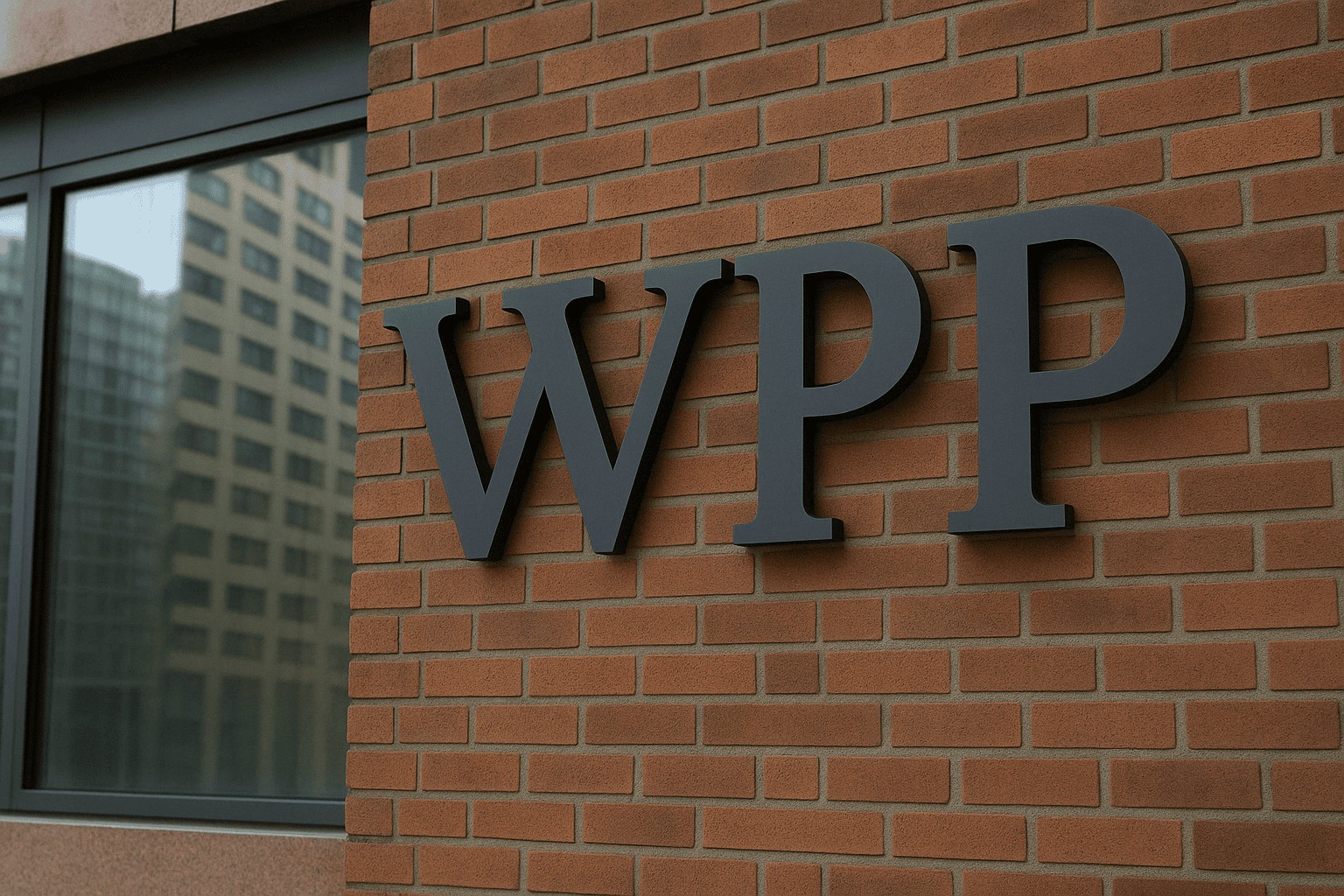WPP’s struggles reflect growing pressure on global marketing budgets

The world’s biggest advertising group, WPP, has warned investors of slowing revenue, blaming cautious brand clients who are rethinking spend across traditional and digital channels. For anyone working in affiliate marketing or performance media, this isn’t exactly surprising.
WPP’s latest trading update highlighted reduced activity from major consumer goods brands, particularly in North America. The group’s revenue forecast for the full year has been trimmed, and its shares have taken a hit as analysts downgrade expectations.
But beyond the numbers lies a broader message for the marketing industry. The age of easy growth is over, and every channel — including affiliate — is now being asked to deliver with more clarity, more accountability, and less spend.
Here’s what WPP’s latest update tells us about where the market is heading, and how affiliate marketing fits into that picture.
Big brands are pausing, not panicking
The slowdown isn’t a total collapse in demand. It’s a period of reassessment.
FMCG clients are still advertising, but they’re pulling back on big-budget campaigns that can’t show a clear return. Long-term brand awareness is being traded in for short-term performance. Global rollouts are being replaced with region-specific tests. Channels that lack attribution are being questioned more than ever.
For agencies like WPP, whose model depends on scale, that’s a tough environment. But for smaller, more agile marketers — particularly in performance and affiliate — it’s an opportunity.
When CFOs are scrutinising every line of the P&L, channels that can prove their value on a cost-per-sale or cost-per-lead basis become far more attractive.
Affiliate is well-positioned for a cautious market
Affiliate marketing thrives in conditions where spend is performance-linked and risk-averse.
Unlike brand campaigns with uncertain outcomes, affiliate operates on a pay-for-results model. That’s especially appealing when clients are looking to trim fixed costs and reduce upfront risk.
Affiliate also scales more flexibly. If a campaign works, it can be expanded quickly. If it doesn’t, it doesn’t burn the same kind of budget as a full-service agency activation.
It’s not just small businesses that are interested in this model. Large brands are now revisiting affiliate, often through hybrid partnerships that combine influencer content, creator-led commerce, and traditional affiliates — all linked by tracking and conversion data.
WPP’s challenge is structural, not just cyclical
What makes WPP’s position tricky is that it’s tied to a legacy structure. Big offices, large teams, global scope. Those strengths also carry overheads.
Smaller agencies and independent consultants — particularly those focused on performance, affiliate, or niche verticals — can now compete on results without needing the same infrastructure.
Platforms are also playing a bigger role. Brands can now build direct affiliate programmes through Shopify apps, influencer platforms, or SaaS tools — bypassing agencies altogether.
That doesn’t mean the big players are finished. But it does mean they need to adapt faster. The agencies that survive the next decade will be the ones that can integrate content, commerce, and conversion — not just win awards for creative execution.
Expect more consolidation and realignment
If the market stays tight, more agency consolidation is likely. We’ll also see more specialisation.
In affiliate, this could mean networks acquiring niche platforms. Or traditional media companies absorbing affiliate tech stacks to offer better monetisation for content.
It could also lead to more alliances between affiliate professionals and other marketing disciplines. Think SEO teams partnering with affiliate managers to improve product review visibility. Or paid media buyers using affiliate-style tracking to optimise budget.
The silos that once defined marketing functions are breaking down. And that’s not a bad thing.
Marketers are becoming commercially minded again
The WPP story is part of a wider reset. Marketers are being reminded that their job isn’t just to entertain or inspire — it’s to drive business growth.
That doesn’t mean the end of creativity. But it does mean creative needs to work harder. And the people who can blend creativity with commercial thinking will be the most in-demand.
Affiliate marketers already live in that world. They understand margin, lifetime value, and conversion paths. They work closely with ecommerce, not just media planners. And they’re often closer to the customer than brand teams realise.
In a market under pressure, that mindset is an advantage.
Final thought
WPP’s current difficulties aren’t just about one company. They reflect a shift in the industry — one that’s forcing every marketer to prove value, not just visibility.
Affiliate marketing, with its built-in accountability and flexibility, is well placed to grow in this environment. But only if it continues to evolve.
The message for agencies, networks, and marketers alike is clear. The era of unaccountable spend is fading. The future belongs to those who can perform.






